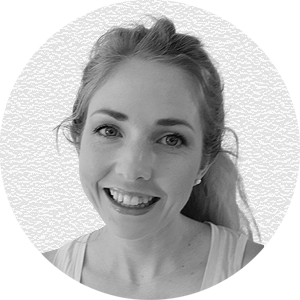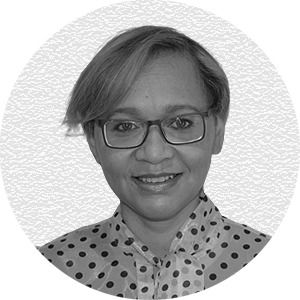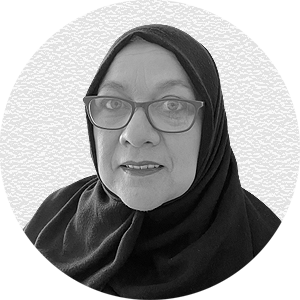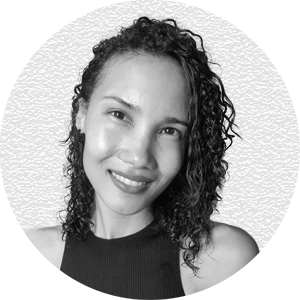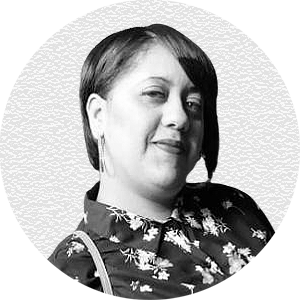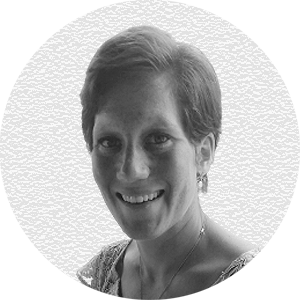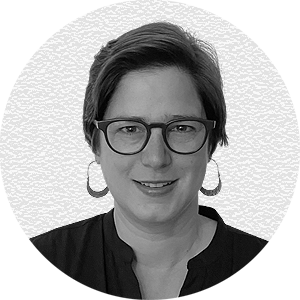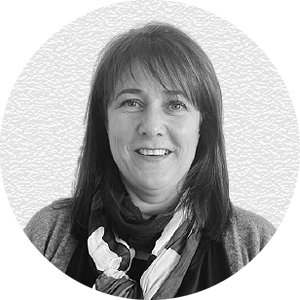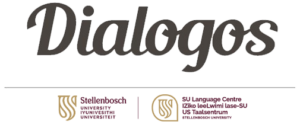Our academic literacies modules are credit-bearing and focus on the development of academic language skills and thinking strategies that are essential for successful study in the various faculties. Our dynamic, multi-disciplinary team of language, information, literacy and subject specialists assists students in refining their academic reading and writing skills, thereby assuring academic success. All of our modules are available in a blended or online format in line with each faculty’s approach.
Writing Skills 171
 Who is the target audience?
Who is the target audience?
First-year students in the LLB, BA (Law) and BCom (Law) programmes.
Why is this module important?
Law students and legal practitioners need to communicate well to be able to –
• read, understand, analyse and make up their own mind (critical analysis);
• draft a clear written argument (effective writing);
• find relevant case law in support of a legal argument (research);
• clearly formulate and argue their position or point (argument and presentation); and
• argue complex ideas in simple terms (share ideas).
What do students learn in this module?
We cover the following components in the curriculum:
• Conditions for and components of academic literacies
• Conditions for academic and legal language
• Comprehensive and critical reading strategies
• Research strategies as part of process writing
We have a diverse team of academics and experts who work together to create one logical and integrated experience for students.
To find this module in the University Calendar, click the link to visit the page where the SU Calendar is hosted. Select the applicable Faculty Calendar part, and once that document has opened in a new tab, use your browser’s search function (usually activated by pressing ‘ctrl’ and ‘f’) to search for the module name.
How is the module presented?
This module is offered in collaboration with the Faculty of Law as a year module and is presented in Afrikaans and in English. The Language Centre presents in the first semester and the Faculty of Law presents in the second semester. Students follow this compulsory module as part of their LLB, BA (Law) BCom (Law) studies in their first year.
Would you like more information?
Please contact Helga Sykstus or call 021 808 4004.
Personal and Professional Development: Theme B – Academic Literacy
 Who is the target audience?
Who is the target audience?
First-year students in the Faculty of Medicine and Health Sciences.
Why is this module important?
As specialists in their field of study, health care practitioners demonstrate a lifelong commitment to reflective learning as well as the creation, dissemination, application and translation of knowledge. This module will therefore assist students to make the transition from thinking and writing at school level to thinking and writing in academia, and to communicate in the appropriate academic language and style.
What do students learn in this module?
We focus on the writing process of an academic article. Therefore the output of this module is an academic article at a level appropriate for first-year Medicine and Health Sciences students. We cover the following important topics to assist students to write their article:
• Topic analysis
• Planning of a text
• Text structure
• Academic writing style
• Coherency
• Referencing
To find this module in the University Calendar, click the link to visit the page where the SU Calendar is hosted. Select the applicable Faculty Calendar part, and once that document has opened in a new tab, use your browser’s search function (usually activated by pressing ‘ctrl’ and ‘f’) to search for the module name.
How is the module presented?
Theme B is an embedded module in the Personal and Professional Development course, which is compulsory for all first-year Medicine and Health Sciences students. This module is presented as four workshop sessions of four hours each, which is facilitated in English or Afrikaans, and students may choose the option they prefer.
Would you like more information?
Please contact the course coordinator, Faika Haroun, or call 021 808 9102.
Science in Context 178

Academic Literacy for Theology 178
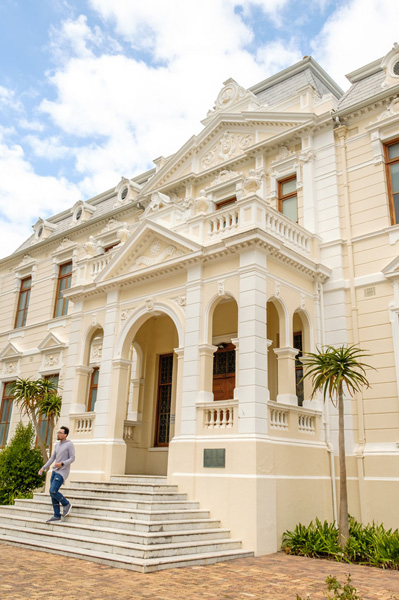 Who is the target audience?
Who is the target audience?
First-year students in the extended degree programme of the Faculty of Theology.
Why is this module important?
The ability to communicate effectively is crucial for theology students, since successful communication is an essential requirement for success in their future academic and professional careers.
The goal of this course is to support theology undergraduates in the extended degree programme to acquire the necessary reading, writing, presentation and digital skills to navigate an environment where academic texts may be long and information dense.
What do students learn in this module?
We have tailored the content of this module to expose students to a variety texts and assignments. To develop their competencies, the module consists of three components:
• Scientific communication skills (two contact sessions per week)
• Digital literacies (one contact session per week)
• Information literacies (searching for and using appropriate sources when producing texts)
The module is presented in collaboration with the Faculty of Theology, with the faculty coordinator, Dawid Mouton, and the faculty librarian, Heila Maree, presenting some of the components.
The curriculum is structured around the assignments students are required to complete for their other modules in theology.
To find this module in the University Calendar, click the link to visit the page where the SU Calendar is hosted. Select the applicable Faculty Calendar part, and once that document has opened in a new tab, use your browser’s search function (usually activated by pressing ‘ctrl’ and ‘f’) to search for the module name.
How is the module presented?
This module is offered in collaboration with the Faculty of Theology as a year module and is presented in Afrikaans and in English. Students follow this compulsory module as part of their first year in the extended degree programme.
If necessary, the course is presented as an online offering, also for special non-residential students.
Would you like more information?
Please e-mail taalsentrum@sun.ac.za or Dawid Mouton.
Meet our team
This post is also available in: English

